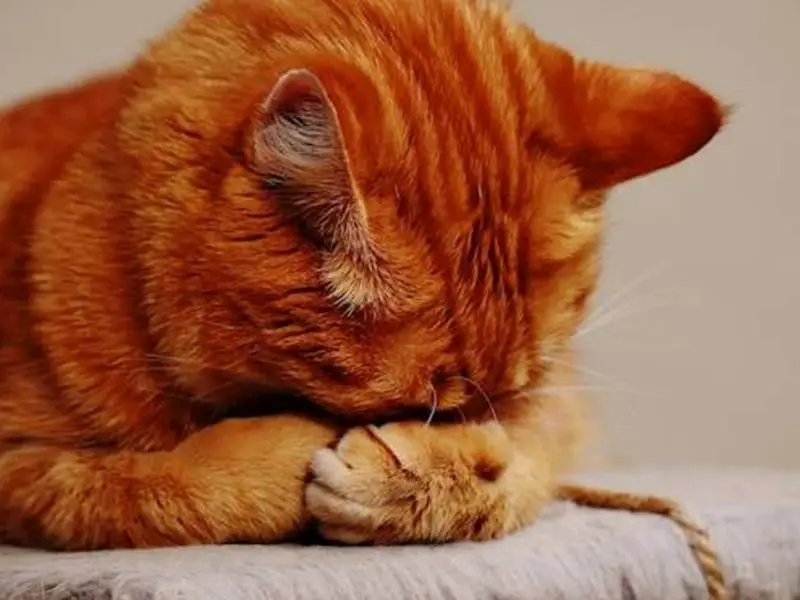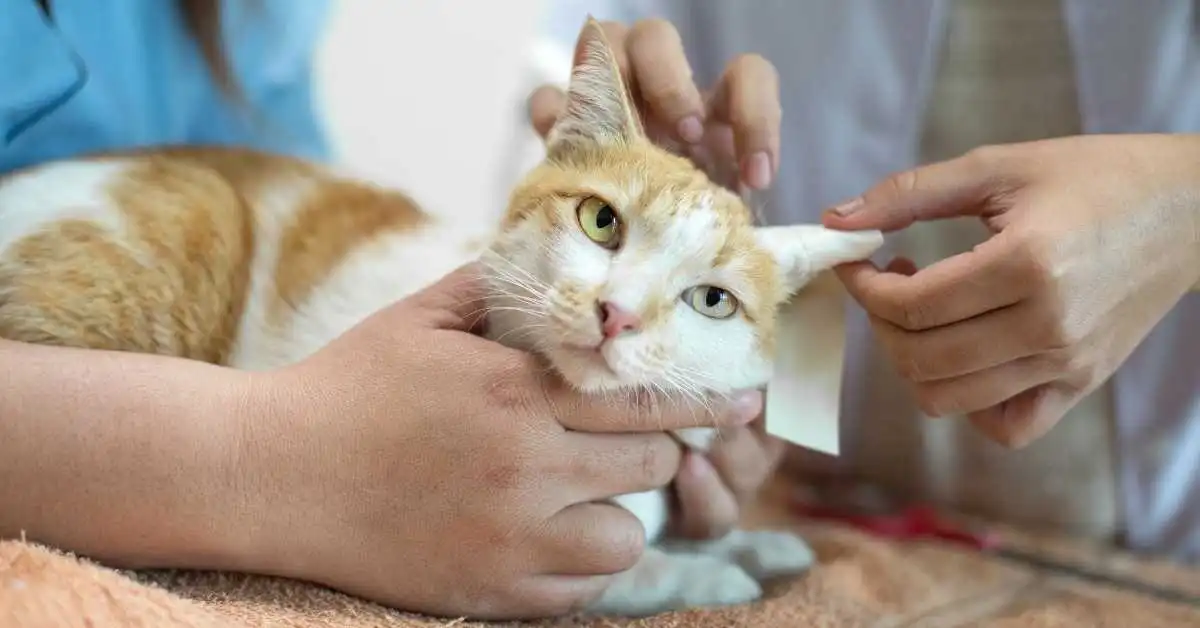Neurological Disorders in Cats
Neurological disorders in cats, just like humans, act as a network to send messages through the Spinal cord to the brain which travel to different nerves. If something in the body interferes with blocking these signals, a variety of problems can occur. The cat Should be treated by a veterinary neurologist. It can be a brain tumor Also, not treating it on time can cause death.
Further Insights and Relevant Content About Cats

Signs of Neurological disorders in cats
It can be obvious in a cat and many symptoms develop over time because your cat cannot tell you that they are physically ill, so you have to figure it out on your own. This disease is very dangerous for them, the reasons are that they have seizures, changes in their behavior, paralysis, tilting of the head, dizziness, and sudden loss of appetite. Bladder damage includes all of these things except them There can also be a lot of problems with eating and drinking.

List of Signs of Neurological disorders in cats
| Changes in Behavior | Altered behavior such as aggression, confusion |
| Loss of Coordination | Difficulty walking, unsteady movement, falling |
| Limb Paralysis | dragging of hind legs or lack of response when trying to move. |
| Head Tilt and Circling | A tilted head or circular movement |
| Seizures | Involuntary shaking, twitching |
| Abnormal Vocalization | such as meowing, yowling, or growling |
Causes of Neurological Disorder in Cats
Problems with the brain and nerves can cause it. Many times these conditions can also occur. Many metabolic diseases can cause neurological signs in cats, such as kidney failure. There are quite a few things involved.
Trauma
Neurological disorders in cats can also be caused by trauma, such as being hit by a sudden car or head injury, all of which can damage their brain and spinal cord, causing them to develop diseases.
Inflammatory conditions
These diseases can cause neurological symptoms due to inflammation of the spinal cord and brain as well as high fever
Toxins
Neurotoxic agents derive from toxic plants eaten by cats, doused chemicals, and even pesticides.
Diagnosing of Neurological disorders in cats
Cats have many Indications that make it difficult to diagnose the disease. It can usually be determined with a thorough examination by a veterinarian, as the vet’s examination of the cats’ eyes and pain assessment can tell this.
Blood Test
You can easily find out if they have this by doing a blood test because these things affect the nervous system a lot.
X-Ray
We can it cats to detect this disease because radiographs of the spine and other organs can clearly show problems such as spinal cord trauma.
Treatment Options for Neurological Disorders in Cats
The handling of neurological disorders in cats depends on their underlying condition. If they have more illnesses, they may need more intensive care. If there is a minor problem, they can be treated with medication. They may also be hospitalized. can be entered.
Medication
Their treatment depends on their condition. If they don’t have serious problems, they can be handled using drugs such as anti-inflammatory drugs to control seizures or to treat infections. We can use medications and some diseases for which antifungals are prescribed
Physical Therapy
Cats may benefit from physical therapy to strengthen their muscles or to move them as they recover from trauma or surgery, which may include massage and other techniques.
Supportive Care
Cats with neurological disorders require a lot more care because they are quite sick, such as feeding through a tube, helping with bowel movements, and monitoring the bladder and bowels.
How to Prevent Neurological Disorders
They cannot be stopped but can be controlled by improving the health of cats, so you should make sure that their food is very good and that they are checked by the vet at least once a year. Ensure that the vet can vaccinate them properly.. If you suspect anything, you can immediately consult a doctor who can check them properly and keep them safe in your home. It can avoid external threats and toxic substances in the home Or don’t use chemicals and plants that can harm them.
Conclusion
These diseases are very difficult to diagnose because they include many symptoms such as dizziness and paralysis. They can be treated in various ways, such as by taking good care of them with medication or exercising them for neurological complications. For Stoping, they should be given good food And they should stay in an environment where there is no harm to them and toxic substances should be held away from them.







